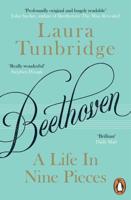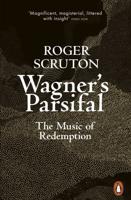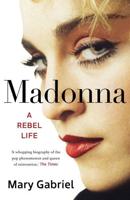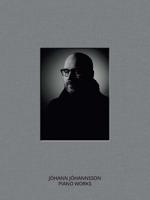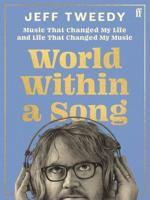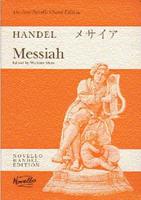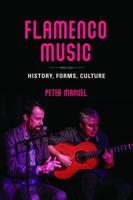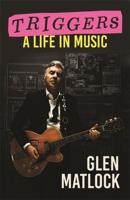Publisher's Synopsis
One of the great composers of the twentieth century, Michael Tippett found inspiration for his music amongst literary works that spanned all ages and many nations. His numerous settings of poetry, his several large works for voice and orchestra and the five operas that he wrote testify to his impressive command of literary history. The texts of these works are densely allusive, self-consciously interweaving quotations and half-quotations. - - The essays that make up this volume are specially commissioned interpretations of the relationships between music and literature that permeate and characterize Tippett's music and his writings. Indeed the first chapter in the volume is Tippett's own essay 'The relation of autobiographical experience to the created work of art' which guides the reader through his literary loves. Edward Venn follows this with an essay that surveys Tippett's main literary writings and the insights these offer into his other creative work. - - Discussion then turns to the music, with Sean Flanagan's research into the development of Tippett's musical borrowings. Suzanne Robinson and Rowena Harrison take a different approach, with an analysis of the intertextuality of the texts of A Child of our Time and King Priam. Barbara Docherty examines the technical processes involved in the conjoining of words and music in The Heart's Assurance, while Arnold Whittall discusses the music's ultimate transcendence of words in Tippett's vocal compositions. - - Other facets of Tippett's career are explored by Lewis Foreman and Suzanne Cole. Foreman's essay details the composer's persistent courtship of the BBC, while Sue Cole discusses Tippett's time as Director of Music at Morley College. The volume concludes with an investigation by Meinhard Saremba of the reception of Tippett's music in Germany. -

